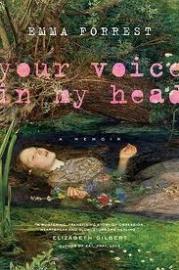Of Spies and Literature
Do you like spy novels? Ones that mix in politics and love? If so McEwan's Sweet Tooth is for you.
It's set in the rollicking early 70s in England - a time of drugs, rock and roll, miniskirts, and--on a more serious note--women's entry into careers en masse. It tells the story of Selena, a bright vicar's daughter who loves to read and read fast. Her mother, in the only moment of life- dissatisfaction she's ever expressed to her daughter, advises Selena to go to Cambridge and study math so she can have a challenging career. Selena, being the good older daughter, follows her mom's advice and gives up studying literature for something better career-wise.
But Selena's real education begins the summer after college. An older tutor she meets through a boyfriend soon becomes her lover. In the process he teaches her about food, wine, politics, international relations, and how to read the newspapers for hidden facts and government policies. He's grooming her for a role in M15, the spy service. But then Tony leaves her abruptly after an argument so Selena goes to London and does find a job with M15.

 "Can I tell you what it's like to live inside Millais' painting of Ophelia"? asks Emma Forrest in her memoir,
"Can I tell you what it's like to live inside Millais' painting of Ophelia"? asks Emma Forrest in her memoir,